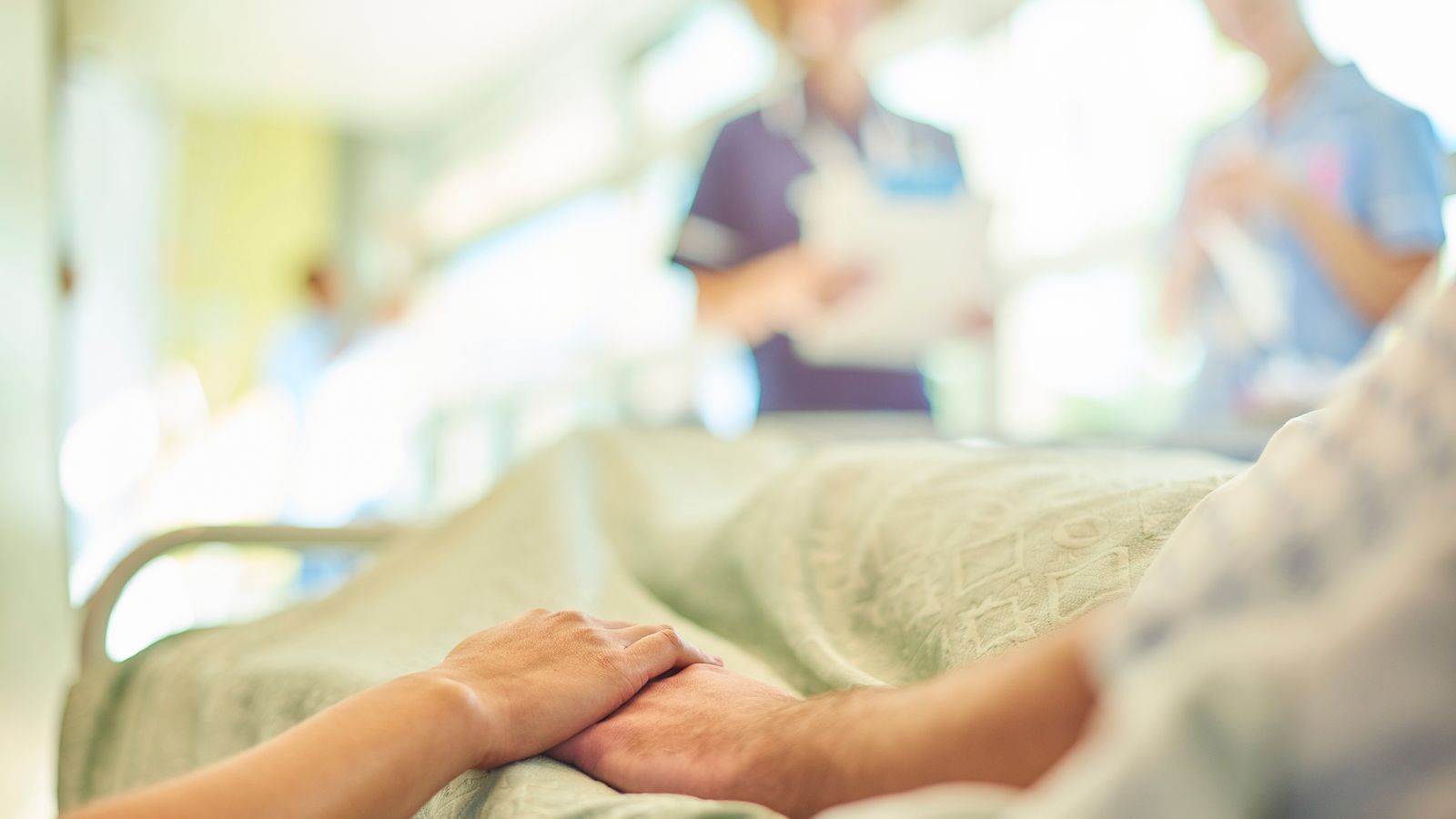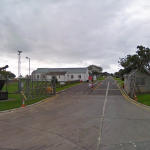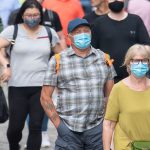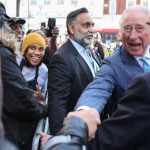Patients who suffered with breast cancer and heart problems have described feeling “abandoned” and “anxious” after their care was paused or repeatedly cancelled during the pandemic.
They told their stories in a frank evidence session to MPs on parliament’s health and social care committee.
Around five million people are currently waiting for NHS hospital treatment in England, with figures reaching a record high this summer.
The government has been warned the list could hit 14 million people by next autumn and has announced an extra £5.4bn over the next six months in order to help deal with the backlog.
Shirley Cochrane said she’d been recovering from bilateral breast cancer, including the aggressive triple-negative type – which has as higher chance of recurring, when the pandemic hit.
Despite it being vital to have six-month checks, she received a letter last year telling her to “self manage” and that her appointments had been cancelled.
“There was no guidance on exactly what self management meant,” she told MPs during Tuesday’s meeting.
“The service was advertised as personalised, but the helpline number provided was just a generic number.
“At that point, I was just left on my own to get on with it.”
Ms Cochrane said she was supposed to have strict blood pressure checks while taking breast cancer drug Anastrozole, but that “throughout the pandemic they have quite happily reissued a prescription without seeing me”.
She was unable to see any NHS professionals in person over the last 18 months – until she managed to see her GP again a few weeks ago.
When she feared she might have a new lump on her breast she said she was forced to contact her MP, Home Secretary Priri Patel, just to arrange a phone consultation.
“I’ve had no contact at all with my surgeon or my oncologist who provided the treatment… I’ve had no official discharge,” she told MPs – who are looking at ways to clear the NHS backlog.
“I feel like I’ve been abandoned by the health service throughout the pandemic. Like someone’s pulled a security blanket away from underneath me,” Ms Cochrane added.
Even with the pandemic easing, she said she still has “no clarity at all from the specialists as to whether I will ever see them again”.
“I’ve suffered with extreme anxiety,” she told the health committee.
“I’ve had trouble sleeping. I’ve been awake in the night checking for lumps convinced that the cancer is back. It’s had a huge impact on me mentally.”
Also telling his story to MPs was James Wilkinson, who before coronavirus hit was diagnosed with infection of his heart lining, requiring aortic valve surgery.
He said his operation was delayed multiple times when he was “gowned up with my chest shaved and ready to go”, due to the demand COVID put on the hospitals.
The first operation was cancelled with two weeks to go during the early days of the pandemic, but Mr Wilkinson said he expected it.
However, he said several further cancellations took a significant toll on him, his wife and his young daughter.
“It was cancelled again because of a mix-up with the dates and then three times after that,” he said. “Three times I was told it wasn’t going to happen on the morning of the operation.”
“As you can imagine, it’s quite a lot of anxiety,” he told MPs.
“I think it was quite bad for my wife – she was dropping me off at hospital and then having to come back the next day and pick me up…
“My six-year-old daughter, I had to prep her for the operation, tell her what was going to happen – without going into too much detail.
“And then the next morning… she would find me at home and (say) ‘that’s quick daddy’. Every time I had to tell her I’m in again (then) it isn’t going to happen.”
Mr Wilkinson said that while he was quickly given a new date for his op, each time involved having to go back into isolation at home.
“Every day you’re sat at home, three months I was isolating for; not hearing anything, not knowing anything,” he said.
“Every day feeling worse, I had a week getting worse and worse with the health, and the anxiety is terrible.”
His first surgery was cancelled because an emergency came in and needed his bed, but the other two times were due to the strain from COVID patients.
The first case meant the whole ICU ward had to be shut down, while the “last time there were just no nurses to look after me because they were all dealing with COVID patients”.
Mr Wilkinson added: “It’s one of those things, it’s not something that someone could have perceived. I can’t put the blame on anyone.”
He told MPs that more reassurance would have been good as there “was no one to talk to” and that he eventually managed to get the operation done privately as a “last resort”.
Without that, he said he is unsure when then NHS would have been able to do the procedure.






















